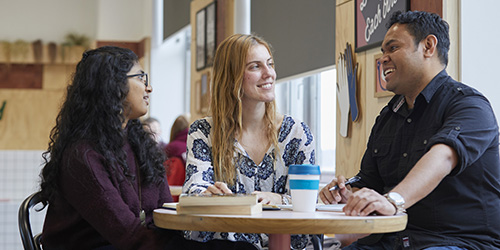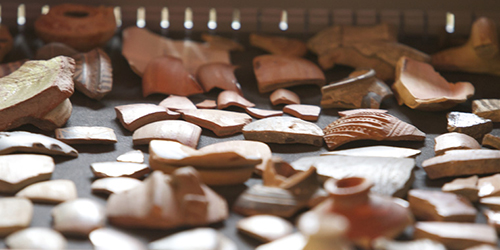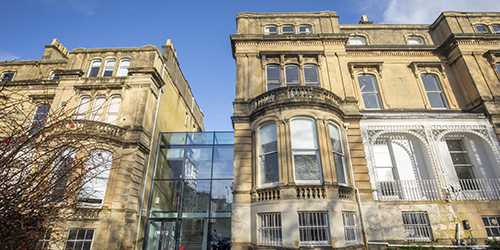Ancient History
Explore enduring problems that span all of Western culture from Greek and Roman antiquity to the present, ranging from the birth of democracy at Athens to the ongoing relevance of Greek myth in contemporary culture.
Study abroad
In the second year you have the chance to spend an unforgettable semester studying in Canada, Australia or the US.
Passionate community
The Classics and Ancient History Society brings together like-minded students with a packed calendar of social and academic events, including an annual play.
Esteemed department
Bristol is ranked 15th in the UK for the study of Classics and Ancient History (QS World University Rankings by subject 2024).
Ancient History at Bristol
As a student of ancient history, you will investigate and analyse a variety of different source materials, from written texts to archaeological finds, to answer complex questions about the politics, culture and society of the ancient world.
Our internationally renowned department is known for its innovative research in ancient history and this expertise informs our approach to teaching and learning. We cover many specialist areas of Graeco-Roman history and culture across a broad chronological range, from the archaeology of bronze-age Greece to the religions of the later Roman Empire.
You'll study in our recently renovated Humanities Hub, home to new lecture theatres, flexible teaching spaces, a screening room, an exhibition area and a range of social spaces. You will also learn through field trips to local Roman sites and by using resources such as our extensive collection of ancient coins.
You might also be interested in Classics or Classical Studies.
The University has some of the best research teams in the country; it's an honour to study in such a renowned academic institution. Bristol's greatest asset is its diversity - of both students and opportunities.
Career prospects

The interdisciplinary study of ancient history will help you to develop critical thinking and clear self-expression, skills that are transferable to a wide range of careers.
Our graduates are highly employable and have found positions in research, administration, media, museums, art galleries, heritage management, the civil service, law, accountancy, computing and teaching.
Many graduates go on to postgraduate study in ancient history or other humanities subjects.
Course structure

The course is designed to provide you with a broad knowledge of the politics and societies of the ancient world, focusing on Greece and Rome but also considering other cultures. It will equip you with the skills necessary to locate, decipher and evaluate a range of historical sources and to develop a sophisticated understanding of historical theory.
The course gives you the flexibility to combine core units on Graeco-Roman culture with more specialised topics.
You will take four core units and two optional units for each of your first two years, allowing you to pursue your own interests. One of the optional units may be taken elsewhere in the University in a subject you're interested in.
There is the possibility of studying abroad for one semester in the second year. For more information visit the Centre for Study Abroad.
In the third year, seminar units let you explore special topics related to staff research interests, engaging in detail with cutting-edge work on the ancient world. You will undertake a large-scale research project on a topic of your choice, working with an academic supervisor to refine it into a dissertation. You will also be supported to plan, market and execute a project aimed at presenting the ancient world to the wider public.
Interdisciplinary community

The department's research is brought together by the Institute of Greece, Rome, and the Classical Tradition. It hosts distinguished scholars to give seminars and lectures, holds symposia and conferences, and cultivates international links with other scholars and organisations.
The institute embraces research from many fields, including history of all kinds, archaeology, literary studies, art history and philosophy, and has a particular focus on research that explores the links between ancient and modern.
Professor Mary Beard, who was awarded an honorary degree by the University in 2012, is a vice-president of the institute.